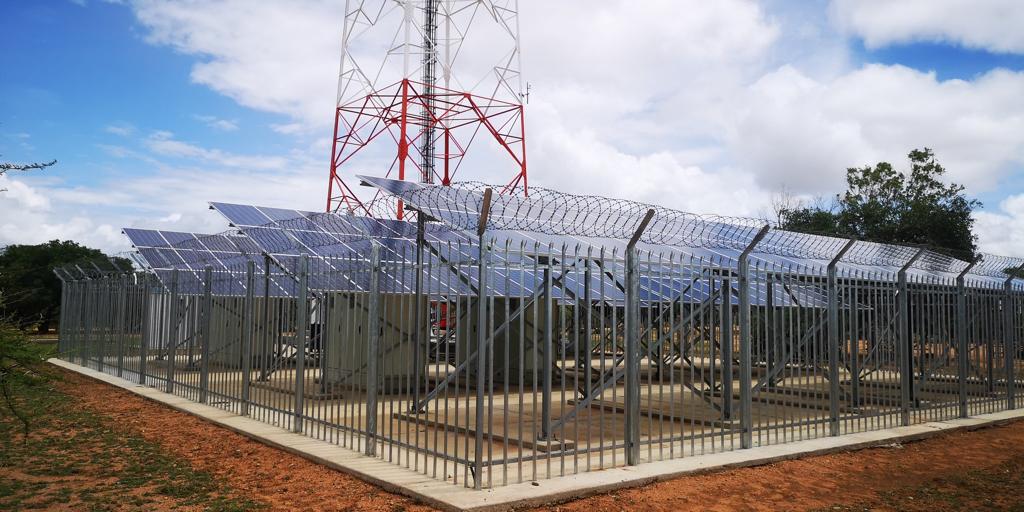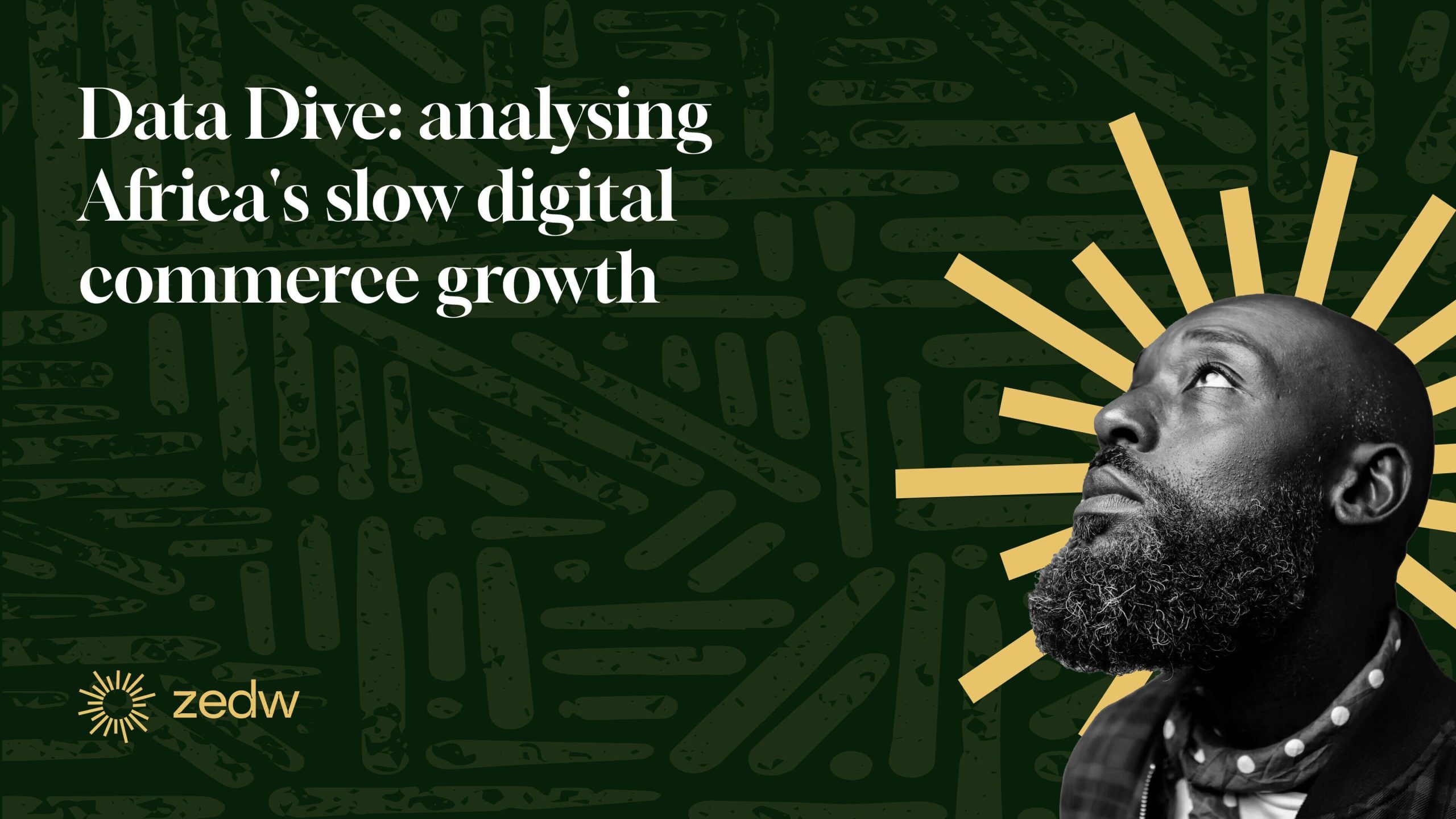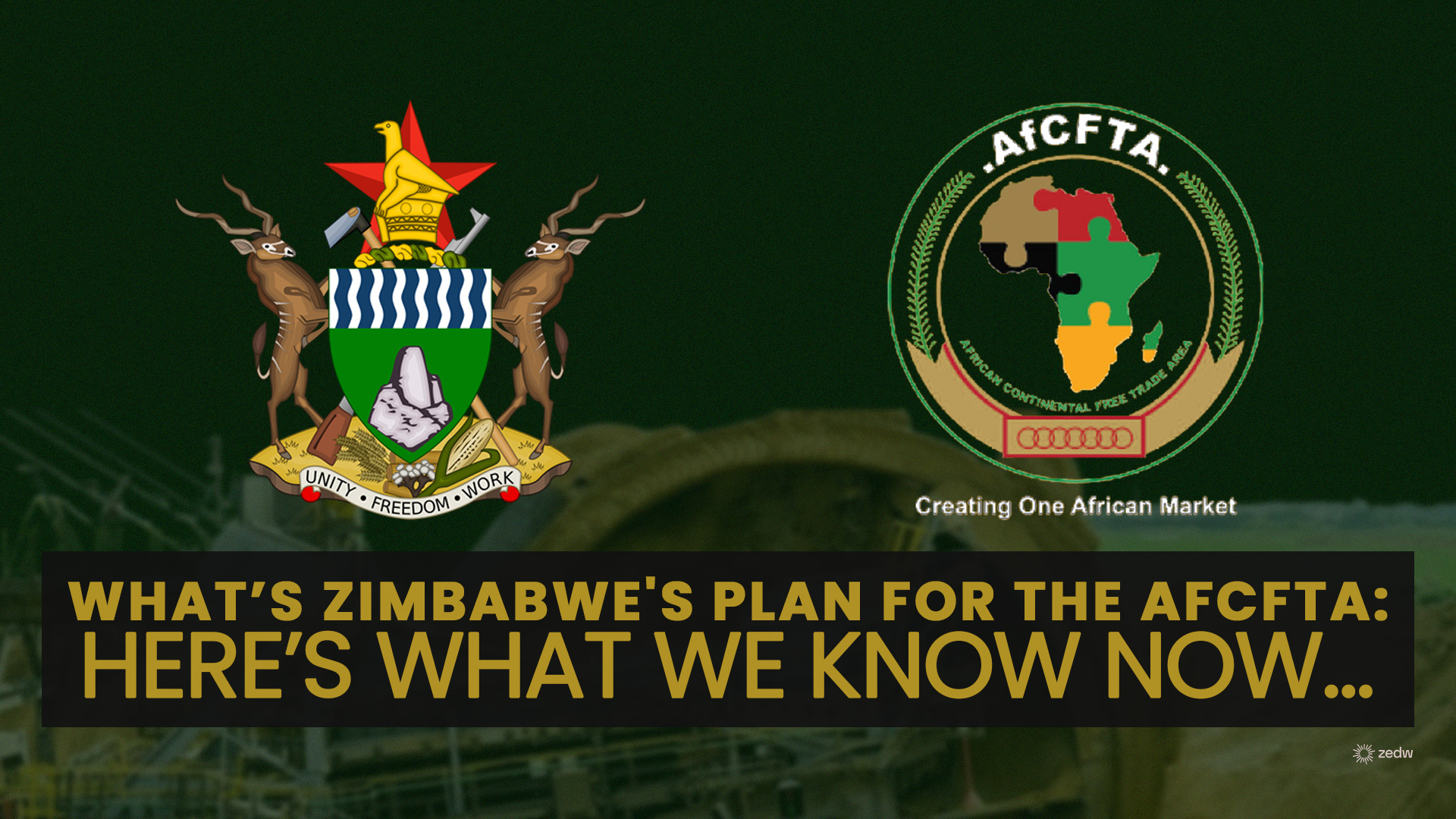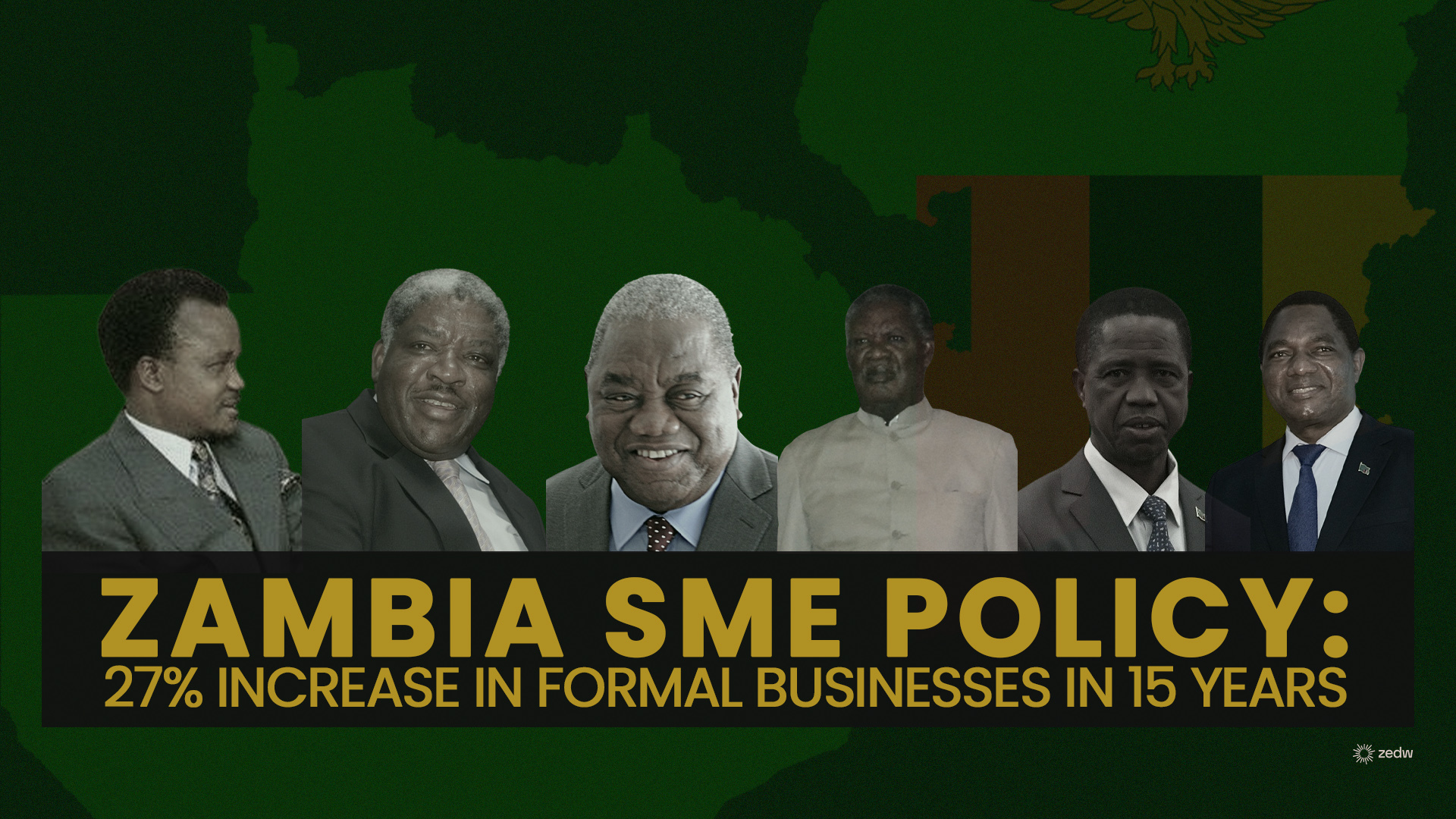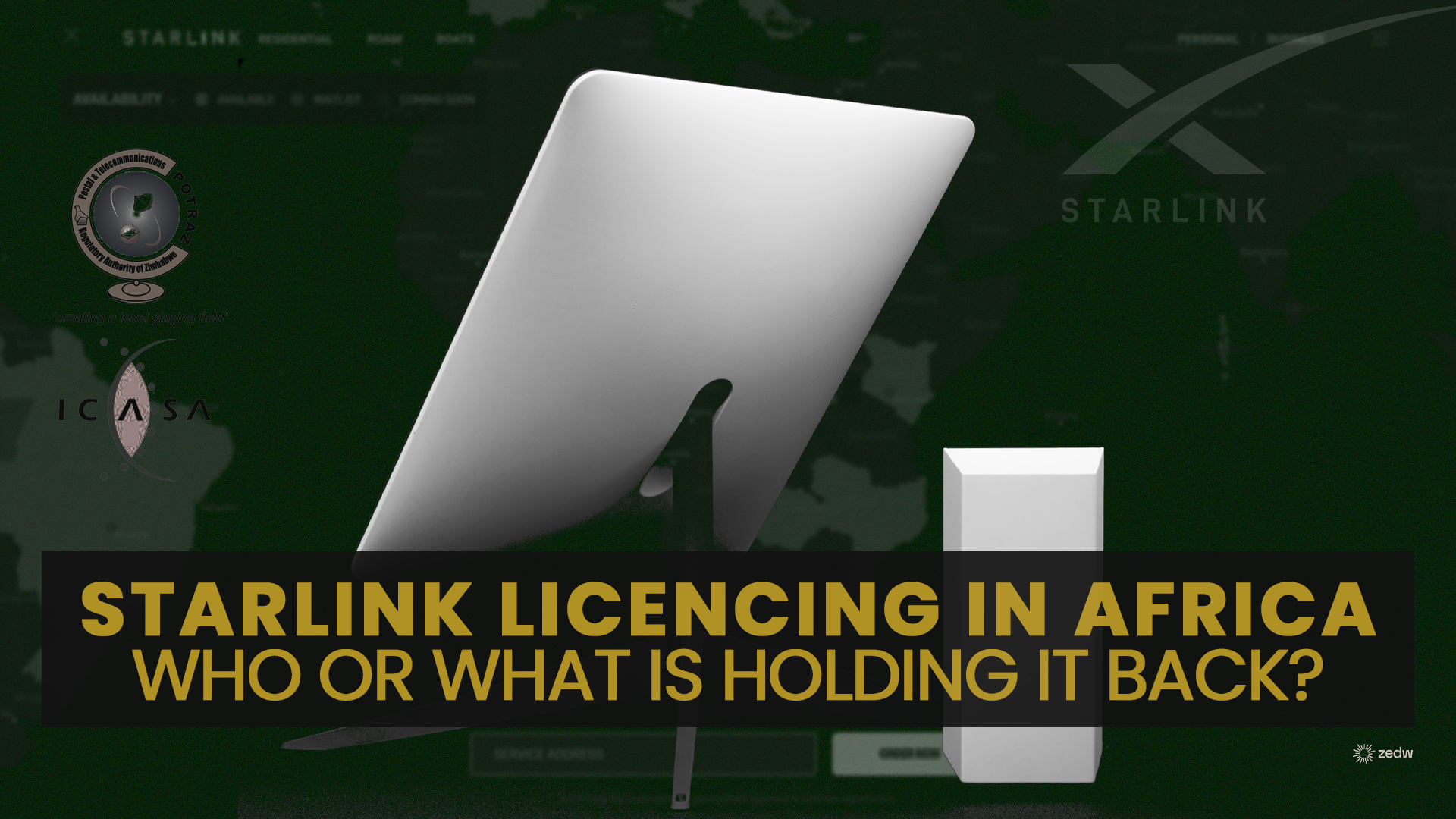The internet is how a good number of people in Zim do their business these days. If it isn’t fixed home or work internet, many rely on mobile data to get in touch with clients and partners, even if it is just through a WhatsApp bundle.
The performance of the services from Internet Service Providers (ISP) and Mobile Network Operators (MNO) ranges from atrocious to “meh”, depending on who you speak to. It’s not uncommon to see an MNO or ISP being given an earful on social media because their service suddenly went down or it is performing poorly.
Many in Zimbabwe say that we have some of the worst internet not only in service but in pricing in the world. The former is, of course, hard to substantiate without comparison. But we are lucky to have organisations like SpeedTest, which runs its Global Internet Speed Index for mobile and fixed internet.
Zim internet speeds are almost at the very bottom globally
In Speedtest’s Global Index, Zimbabwe ranked 127th in the world for mobile internet speeds with an average of 11.23Mbps. This new placement saw Zim slip four places in the latest rankings for mobile internet speeds.
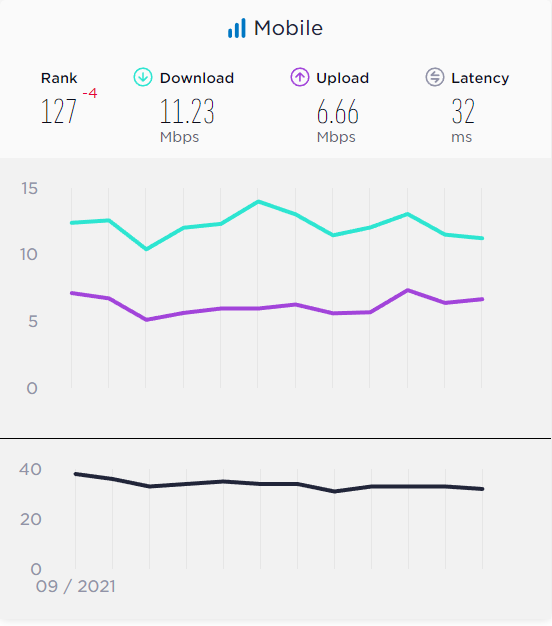
The story was much the same for fixed internet broadband with Zimbabwe ranked 160th on the planet with an average speed of 7.80Mpbs. However, speeds for fixed broadband improved to see Zim climb 6 places in Q3, 2022.

Why is Zimbabwe’s Internet so bad?
The answer to this question is not a simple one because it, in my opinion, depends on where you live at times as well as the current load-shedding regime, and the capacity of your local base station vs demand from users (where MNOs are concerned).
We also can’t forget the economic pressures acting on the service providers. By this, I mean that even though there is dual pricing (USD and ZWL$), Zimbabweans will typically pay in the local currency because it is wiser to keep USD as it doesn’t depreciate nearly as fast as the Zim dollar. Or it’s a case of leveraging the street exchange rate against the lagging official rate that the MNOs and ISPs are on and in doing so some customers get more bang for their USD.
For the service providers, this means that they have to trade local currency on the Reserve Bank of Zimbabwe’s (RBZ) Forex Auction to meet aspects of their operations that require foreign currency. All of this results in poor service for the customer because ISPs and MNOs can’t just increase prices as inflation increases… They have to get approval from the Postal and Telecommunications Regulatory Authority (POTRAZ) to up fees at predetermined intervals.
It’s not all doom and gloom for ISPs and MNOs because as things stand, internet services are very expensive for customers. With many still earning in the depreciating ZWL$ and prices going up, sometimes in USD terms.
The whole situation has no winner because the service providers are struggling while customers are confined to WhatsApp bundles as their only means of accessing the internet.

